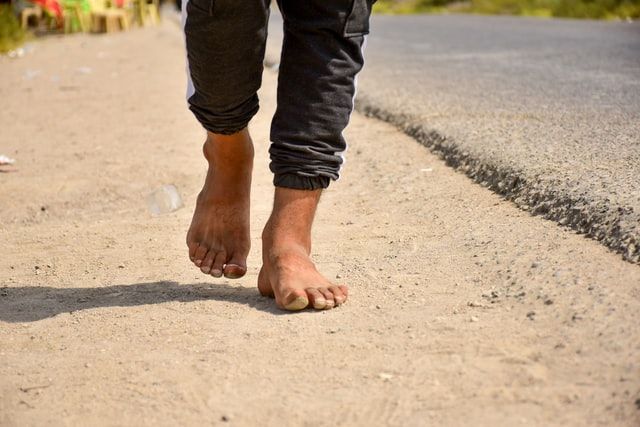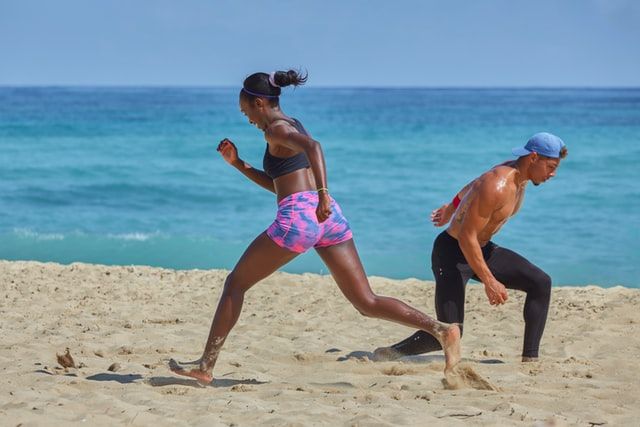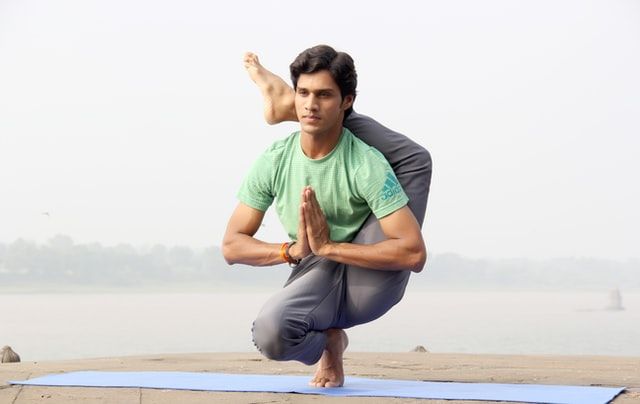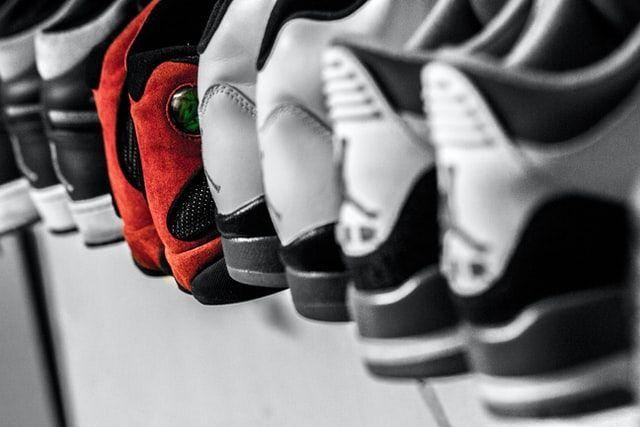
我是大衛先生,一個運動文字工作者同時也是健身的狂熱份子,不定時會撰寫健身及健康保健相關的文章,如果你也喜歡我的文章或是對你有一點幫助,也歡迎追蹤與打賞我!讓我有持續撰寫更豐富內容的動力(當然,也非常歡迎邀稿 banson19771814@gmail.com)
Can heavy training with bare feet make you stronger? New York podiatrist points out the argument
What type of shoes do you wear when weight training in the gym? You know the best training shoes are probably just taking them off, and barefoot training is one of the things you can do better and stronger, especially if you focus on weight training.

Reasons for training barefoot
Our body has a feedback loop. When any part of our body touches something, the nerves in that part will send a signal to the brain, and then our brain will send a feedback signal to the body. Sit some action responses.
This also means that our feet are also part of a feedback mechanism that is crucial to our body's proprioceptive and its kinesthetic awareness, and in theory, when you walk barefoot When we do, our brains get more feedback, which also helps prevent some injuries.
New York foot surgeon Dr. Mohammad Rimawi said proprioceptive training is an essential element of the rehabilitation process that not only increases strength and mobility, but also greatly reduces the risk of re-injury.
strengthen foot muscles
And barefoot training can also help strengthen your foot muscles, which is an underrated instinctive response and training method that will help your body get hurt; we can think of barefooting as going in the gym without gloves training, so that you can more clearly grasp any equipment you are using, and can more accurately feel the different thicknesses of the poles of these equipment, and at the same time, without gloves can also help the development of forearm muscle and grip strength, so , you can see that many senior athletes rarely use gloves for training.

Anti-Barefoot Training Arguments
Perhaps you also often hear arguments against barefoot training. They think that we have evolved to practice wearing shoes. Why not evolve the technology of shoes to make the training more effective? Of course, shoes can also give us some protection in some training situations, such as falling dumbbells or kicking chair equipment and so on.
Dr. Mohammad Rimawi also offered some thoughts on the foot, noting that if you already have some underlying problems with your feet or if your barefoot training is not working well; especially if someone who has been training in sneakers for years, suddenly Taking off your shoes and going straight into barefoot training can lead to conditions such as tendinitis, stress fractures, or arch pain.

Because, your feet are used to wearing protective functional shoes. If you want to train barefoot, it is recommended that you try to add 5-10 hours of barefoot training to each training session, and then gradually increase the barefoot training time to allow your feet to gradually adapt to this training mode and body feedback mechanism.
Invisible barefoot training
Barefoot training is more meaningful than you might think, especially when it comes to lower body training movements, especially squats, deadlifts or split squats. Generally speaking, most people will wear professional clothes when doing these exercises. There are weightlifting shoes, but if you look closely, most weightlifting shoes, with the exception of high heels, basically work by placing your feet on your bare feet.

They mean a sturdy, stiff sole, unlike most athletic soles or functional insoles; so when you're doing exercises like squats or deadlifts, a sturdy sole allows you to increase your push-up force transfer because , you complete the intuitive power transmission through the heel through the hard material, not some padded sole, so the weightlifting shoes are like invisible barefoot training, quietly helping you complete a movement.
So, you can do it with your bare feet or with weightlifting shoes when doing exercises such as squats, deadlifts, or split squats.
in conclusion
According to the principles and theories mentioned above, you can usually complete your deadlifts and squatting exercises with bare feet. Of course, it also includes any sports that allow you to use the muscles of your feet; you can benefit from barefoot training. The only thing is The exception is plyometrics.
Regarding this, Dr. Mohammad Rimawi said, I believe that jumping-like movements such as box jumps or long jumps can be better and safer to train with professional shoes; because these movements will give your feet ligaments and tendons. If your feet are not strong enough for these exercises, the correct use of a cross trainer can effectively help absorb shock and reduce the risk of injury.
Like my work?
Don't forget to support or like, so I know you are with me..
Comment…